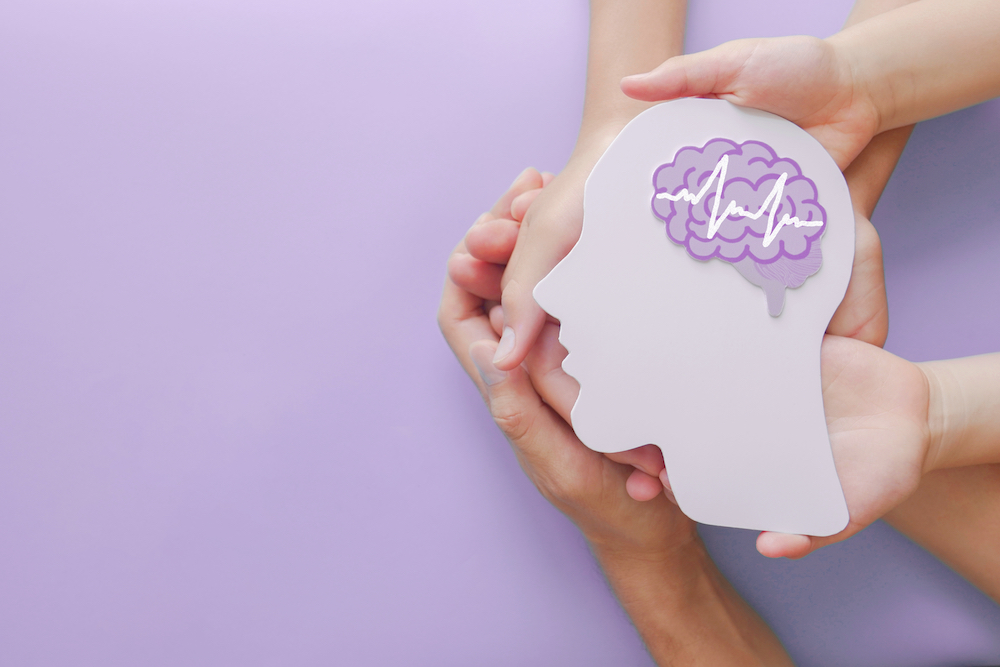
If your child, someone you love, or a family member is diagnosed with ASD, there is a high chance that they have visual and or auditory difficulties. Thus, it’s smart to have a comprehensive eye exam with a developmental optometrist. These eye doctors are skilled in performing eye exams with patients with verbal or non-verbal patients with ASD.
If your loved one has a vision problem, what next? Developmental optometrists usually offer neuro-optometry, a therapy that improves visual abilities and visual skills. Often, these patients have visual issues that stem from poor brain and eye communication. Neuro-optometry strengthens these connections and improves their patients' quality of life.
What Is Neuro-Optometry?
Neuro-optometry focuses on visual issues related to developmental problems and traumatic brain injuries (TBIs). The therapy works to help develop or redevelop visual skills affected by various neural conditions.
Patients with ASD often have visual issues linked to poor eye-brain connections. These poor connections may manifest in various ways, one of which is poor motor skills. Neuro-optometry works to improve and develop necessary visual skills for a better life.
What Are Some Difficulties of Patients with ASD?
Many people with ASD will have issues with the following abilities:
Eye contact
Impulse control
Depth perception
Gross motor skills
Fine motor skills
Spatial awareness
Hand-eye coordination
These arise from poor visual skills like strabismus, perception of surrounding space, and eye teaming disorders. Neuro-optometry helps to train or retrain the brain and helps to improve quality of life.
Visual Tests for Patients with ASD
The assessment of a person's eyesight for autism differs based on several aspects. The most common ones are the degree of development, emotional stability, and physical fitness. A complete patient history is taken before attempting a thorough eye exam.
The eye doctor tests visual acuity, eye movement, fixations, color vision, eye focusing, and teaming. Also, they assess for myopia, hyperopia, astigmatism, eye health, and visual fields. A very important test for patients on the spectrum is the assessment of their peripheral eyesight and how they use it. Many offices ignore this essential assessment.
Neuro-Optometry for Those with ASD
Also known as neuro-optometric rehabilitation, neuro-optometry improves visual processing in autistic patients. Better visual processing allows patients to understand their surroundings. It also helps them navigate more effectively. With these improvements, behaviors attributed to autism will decrease. Some things like anxiety, fear, poor eye contact, and verbal skills can also improve.
These therapies will work on the following aspects of visual processing:
Visual information processing
Peripheral stability
Visuospatial coordination
Central and peripheral vision
Efficient eye coordination
Does the Treatment Work?
Some visual problems that patients on the spectrum have cause visuospatial misjudgment. The result is anxiety and fear of the space around them, leading to other reactions like poor eye contact and eye focus. Neuro-optometrists lenses, filters, prisms and other activities to help improve their patients retinal circuitry and their quality of life.
Another tool they use is prism lenses. Prism lenses can help to eliminate double vision, but also can improve posture, attention, and visual clarity. The outcome is a more relaxed and secure patient in their environment.
For more about how people on the spectrum benefit from neuro-optometry, call Eversee Boutique Eyecare. Our office is in Winnetka, Illinois. Call (847) 386-9045 to book an appointment today.






